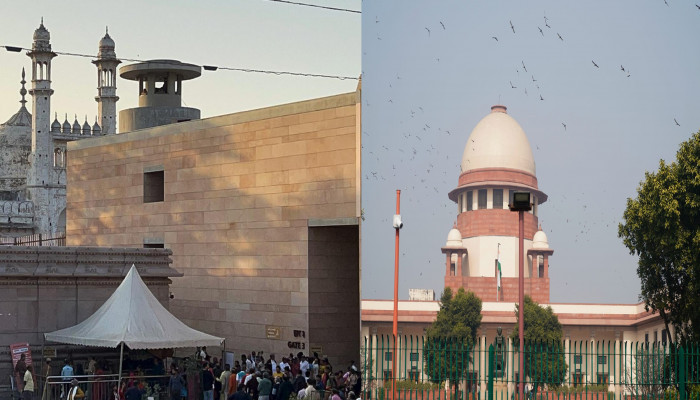CPIML moves SC challenging petitions in favour of Places of Worship Act
- In Reports
- 06:24 PM, Feb 15, 2025
- Myind Staff
The Communist Party of India (Marxist-Leninist) Liberation [CPIML] has approached the Supreme Court to oppose petitions challenging the Places of Worship (Special Provisions) Act, 1991.
On Friday, CPI(ML) submitted an intervention application in the Supreme Court regarding an ongoing public interest litigation (PIL) that seeks to overturn the Act. Earlier, political groups such as the Congress Party, Jamiat Ulama-I-Hind, and AIMIM leader Asaduddin Owaisi had also filed similar intervention pleas in the case. The Places of Worship Act, 1991, was created to maintain the status of all religious sites as they were on August 15, 1947. It prevents courts from taking up cases that question the nature of religious places and cancels all ongoing disputes, except for the Ram Janmabhoomi site in Ayodhya, which was given a special exemption.
In 2019, the Supreme Court upheld this law while granting the disputed Ayodhya land to Ram Lalla. The Court also confirmed that no other similar disputes could be considered due to this Act. After this ruling, several Hindu organisations and leaders challenged the Act, claiming it denies legal rights to Hindus, Jains, Buddhists and Sikhs whose religious sites were taken over by invaders. One of them, BJP leader Ashwini Upadhyay, filed a petition in the Supreme Court in 2021, arguing that the Act unfairly “protects illegal acts of invaders” by stopping affected communities from seeking justice. In December 2024, the Supreme Court ordered trial courts nationwide to stop conducting surveys or issuing substantive rulings on cases that questioned the religious identity of existing institutions while considering these claims.
Despite the Act, at least 18 legal cases are still pending in various courts, with Hindu parties asserting that several mosques were constructed over ancient temples. Prominent among these are the Gyanvapi Mosque in Varanasi, the Shahi Eidgah Masjid in Mathura, the Shahi Jama Masjid in Sambhal, and the Ajmer Dargah in Rajasthan. Muslim groups argue that these claims go against the Places of Worship Act and have urged the courts to reject them. With CPI(ML) now supporting the Act in court, the Supreme Court’s final ruling will play a crucial role in shaping the future of religious disputes in India.







Comments